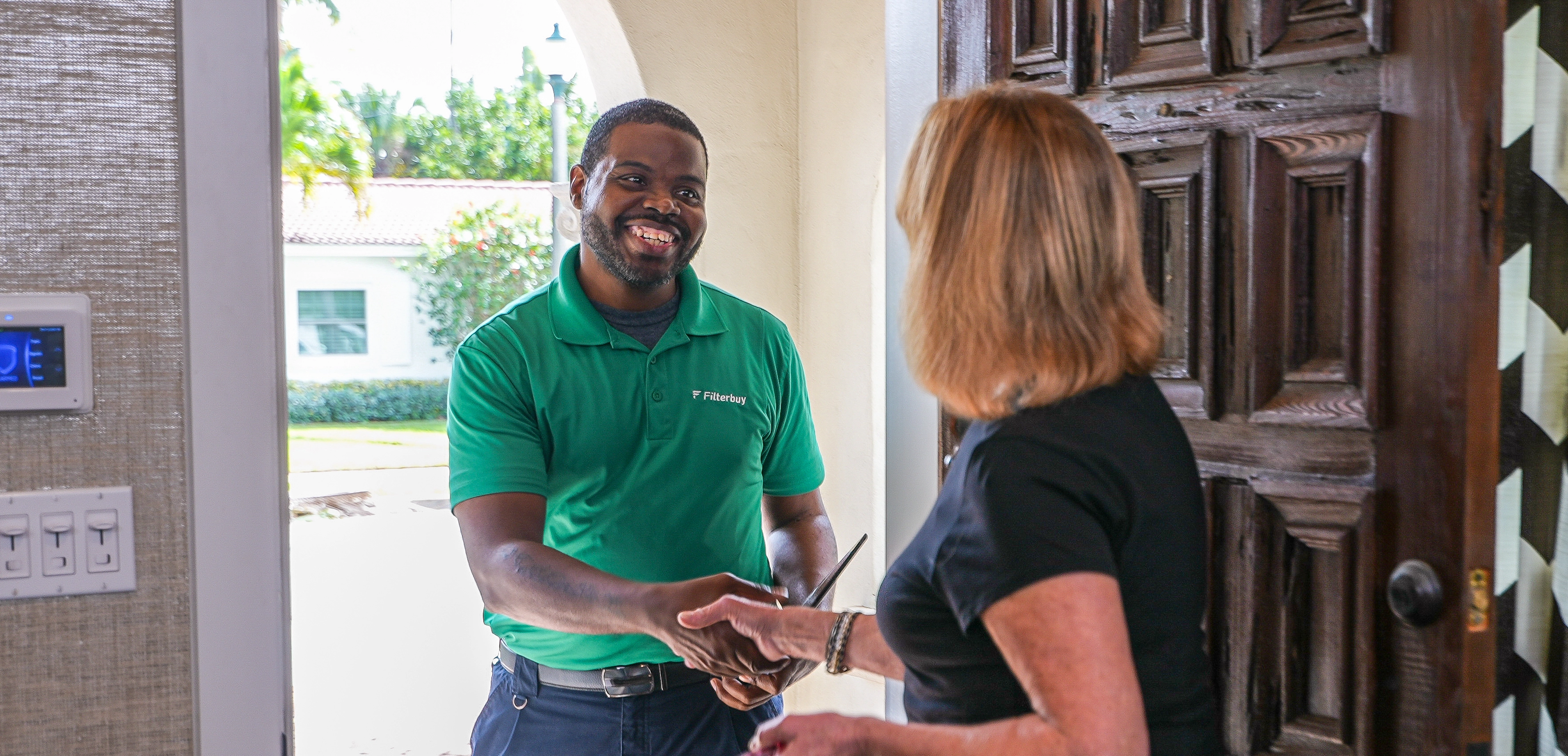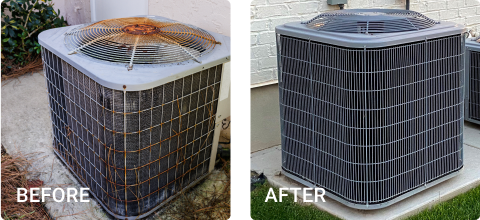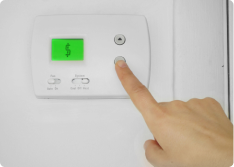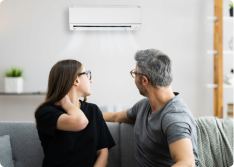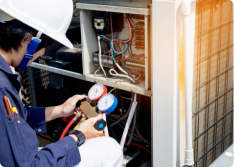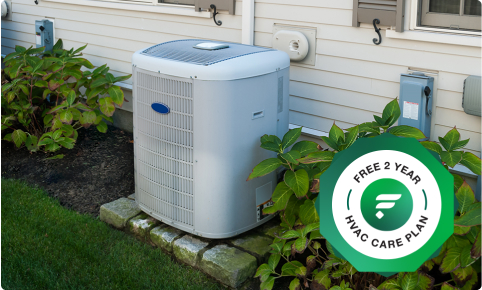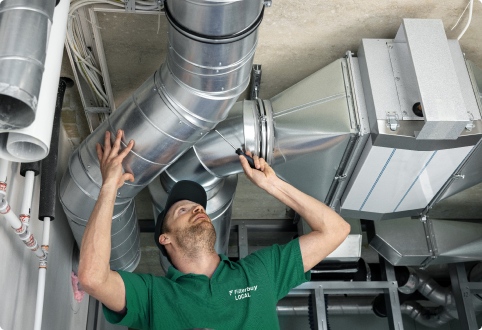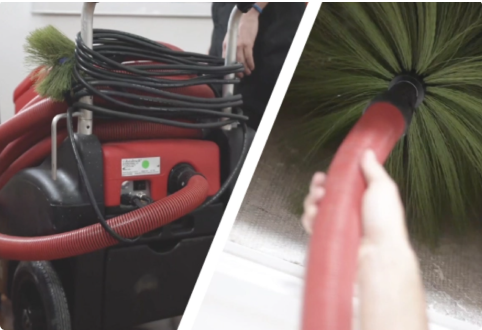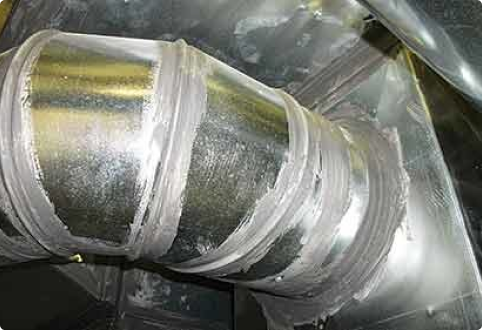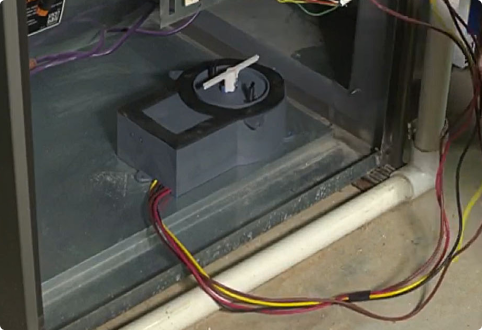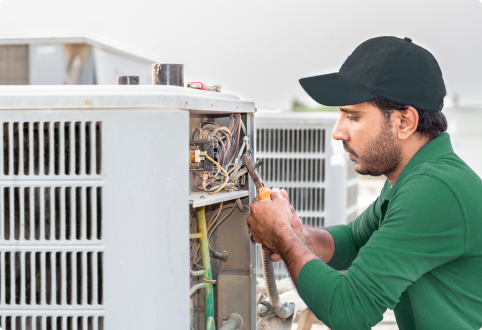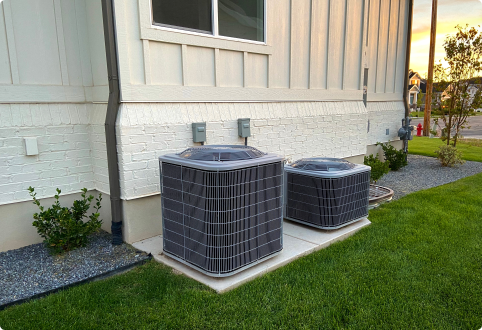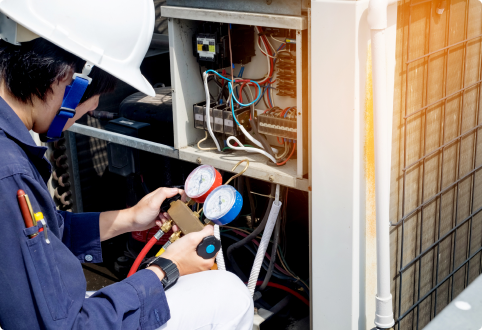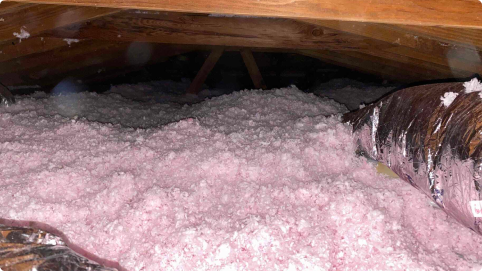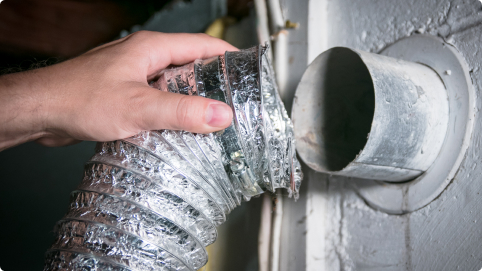Welcome to Filterbuy HVAC Solutions, the best HVAC system installation service company proudly serving in and near the greater Plantation, FL area. Please let us know how we can help solve your Plantation HVAC system installation needs with professional, affordable, and fast residential and commercial HVAC services by getting a free online quote or by giving our friendly HVAC specialists a call. We look forward to hearing from you!
Affordable HVAC Installation Solutions in Plantation FL
Plantation, FL, is a charming town that provides a peaceful escape. Finding affordable HVAC installation is easy. Local providers offer quality service made for the climate. Many also provide financing options and seasonal discounts to help manage costs.
Look for energy-efficient systems to reduce costs and environmental impact. Remember that the lowest price doesn’t always have the best service. Balance cost with quality. Stay tuned for tips on how to evaluate quotes and other helpful insights!
Key Takeaways
■ Research local HVAC installers in Plantation, FL, for affordable services that suit regional climate conditions.
■ Examine quotes from providers, focusing on material, labor, and additional costs.
■ Study the energy efficiency of the HVAC systems offered by local installers.
■ Look for discounts or seasonal promotions from companies.
■ Read customer reviews and negotiate pricing with HVAC installers for better deals.
Understanding HVAC Installation Costs
Home comfort depends on an efficient HVAC system. So understanding installation costs is important for good budgeting. It’s important to consider several factors that impact the pricing. Key elements include the size of your home and the type of system, also the installation process.
Larger homes need more powerful HVAC systems which are more expensive. Unique architectural features can complicate installation, increasing labor expenses. The type of HVAC system you choose matters. High-efficiency options require a larger upfront price but they can save you money on energy bills.
With this knowledge, exploring financing options is crucial. Many HVAC companies offer plans for gradual payments. Homeowners can also apply for a home improvement loan. Careful planning and selecting the right option helps with your budget.
Tips for Finding Affordable Services
■ Find an affordable HVAC installation service in Plantation FL. Don’t let high costs stop you. Explore financing options that fit your budget. This allows you to make payments more manageable.
■ A balance between cost and quality is good. The cheapest options aren’t always the best. Services that have low prices. However low quality leads to higher expenses due to frequent repairs in the long term.
■ Watch for seasonal promotions. Many HVAC installation companies in Plantation FL give discounts during the off-season. Take advantage of these offers. Research is essential; examine different companies, compare prices, and read client reviews. This will give you insights into costs and quality.
■ Negotiate. Many companies will match or beat competitor prices, especially for first-time customers. Budget-friendly services can still provide quality. With planning and research, HVAC installation can fit your budget while still ensuring your comfort.
Benefits of Local HVAC Installers
Many homeowners see the benefits of hiring a local HVAC installation service in Plantation FL.
■ One major advantage is their understanding of local conditions. Their familiarity with Plantation allows these professionals to recommend the best HVAC systems. This expertise results in more savings in time, money, and stress.
■ Local installers provide easy accessibility. If there are issues after installation. Just call your installers. This close proximity ensures prompt service, offering reassurance during any problems.
■ Local HVAC installers ensure quality service but also support the community. It contributes to the economy and creates jobs and helps businesses grow in the area. This approach strengthens the community.
Evaluating HVAC Installation Quotes
Evaluating multiple HVAC installation quotes requires careful consideration. Buying the lowest price can lead to poor decisions and a badly installed system. Take the time to analyze all factors before making a choice.
Understanding the breakdown of quotes is crucial in this evaluation. Look for the following elements:
■ Material Costs: The price of the unit and the important materials.
■ Labor Costs: The technician's time spent installing.
■ Additional Fees: Watch for extra charges, such as permit fees or disposal costs for the old system.
■ Warranty and Service Plans: Review warranty them as they provide added value.
Choosing Energy-Efficient HVAC Systems
An energy-efficient system is good. It helps the environment and on energy bills. This makes you comfortable without spending too much.
Energy-efficient systems use advanced technology to reduce energy consumption. They offer the same comfort levels as traditional models but with lower energy usage. Find one that fits your needs.
Look for eco-friendly options available today. Some models have a programmable thermostat and variable speed motor. These enhancements are efficient and smart.
Frequently Asked Questions
How much does a new HVAC cost in Florida?
A new HVAC system is $5,000 to $10,000. Depending on the unit size, installation complexity, and home requirements. The total cost also covers labor, permits, and modifications.
Can a homeowner install HVAC in Florida?
A homeowner can install an HVAC system in Florida but it's not recommended. A permit is needed for the job. It could get into trouble if you don’t comply. Hire someone who knows the job to avoid future problems.
What is the most common HVAC in Florida?
Central air conditioning system combined with a heat pump. This is the most common air conditioner in Florida. It efficiently cools homes during the long and hot summers and it provides heating during the cooler months. Heat pumps for Florida’s weather. They are efficient and work well in Florida temperatures.
How much is a new AC unit for a 1500 sq ft house in Florida?
A new AC unit costs $3,500 to $7,000 for a 1500-square-foot house. Depends on your home's insulation and the weather.
What is the average life of an HVAC system in Florida?
An air conditioner in Florida lives for 10 to 15 years which is lower than the national average due to the high heat and humidity levels of the place. Regular maintenance makes it live longer.
Do you need a permit to install an AC unit in Florida?
Yes. You need a permit to install an AC in Florida. A permit ensures that the installation follows local building codes and safety regulations. It involves an inspection by a local authority.
What are the HVAC rules in Florida?
HVAC rules in Florida require that all installations be done by a licensed contractor and that all systems meet the state's energy efficiency standards. A permit is required for new installations or even replacements.
How much does it cost to install ductwork in Florida?
The cost to set ductwork in Florida can vary. Depending on how big or small your home is and the complexity of the project. Expect to pay $1,500 to $3,300.
What is the best type of AC unit for Florida?
A central air conditioner with a high SEER rating. It means the unit is more energy-efficient which can help save on electricity costs. A central air conditioner can effectively cool the entire home which is important in Florida's hot weather.
What HVAC lasts the longest?
Brands like Trane, Lennox, and Carrier are cited as the HVACs that last the longest exceeding their lifespan with proper maintenance. Regular maintenance like changing filters and scheduling annual check-ups. This extends the life of your system.
What SEER do I need in Florida?
A SEER rating of 14-16 is good for Florida. Higher SEER ratings offer greater energy efficiency which can lower your energy bills, especially in the hot climate.
What size air conditioner do I need for a 2000 sq ft house?
For a 2,000 square foot home, you'll generally need an HVAC system with a cooling capacity of about 3 to 3.5 tons (36,000 to 42,000 BTUs), depending on factors like your climate, insulation, and home layout. It's best to consult with an HVAC professional to ensure accurate sizing based on your specific home's needs.
Here is the nearest branch location serving the Plantation area…
Filterbuy HVAC Solutions - Weston FL
2573 Mayfair Ln, Weston, FL 33327
(754) 296-3528
https://maps.app.goo.gl/E3tjmKf5VSWYghGc7

.webp)
.webp)
.webp)
.webp)






